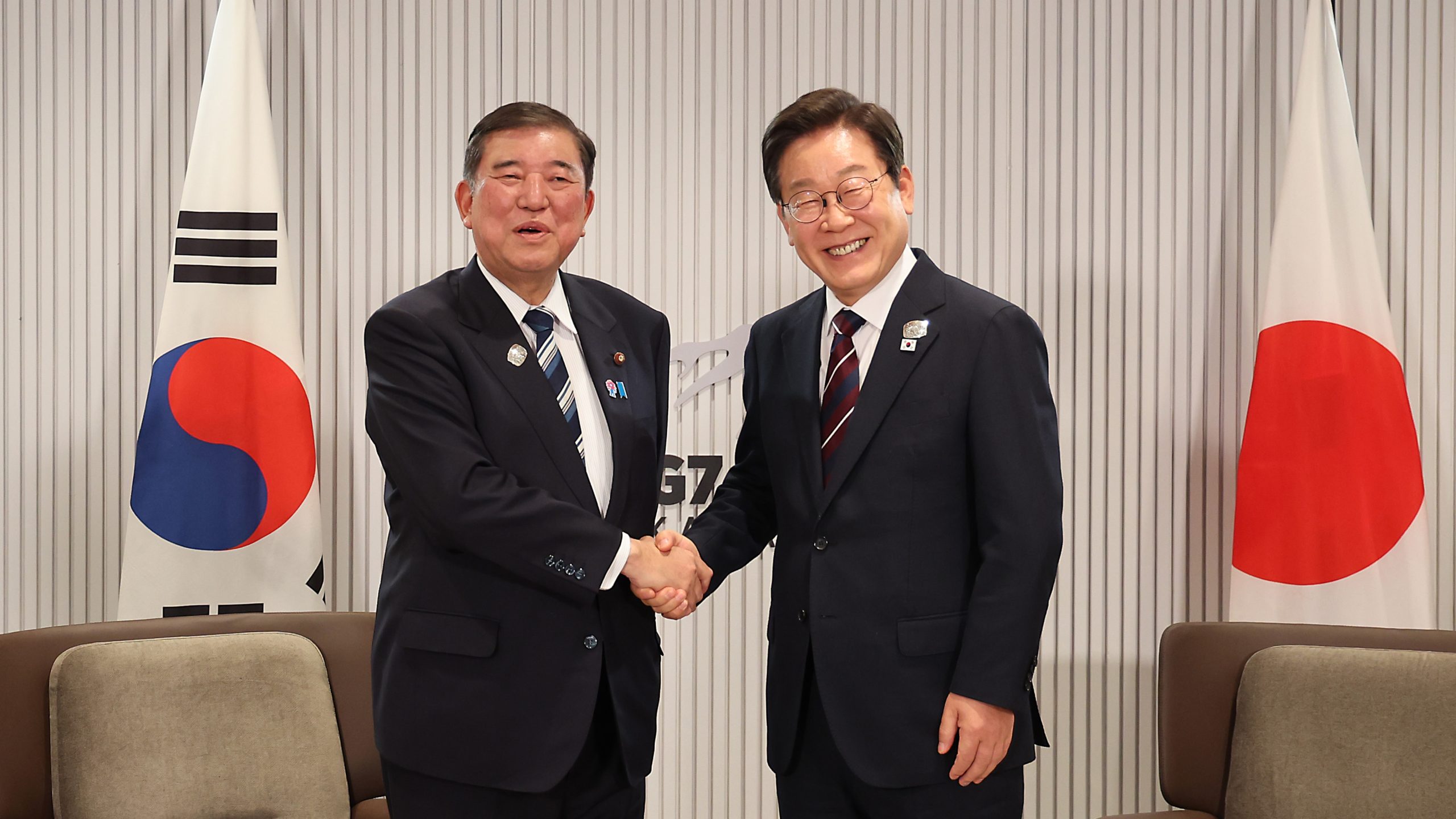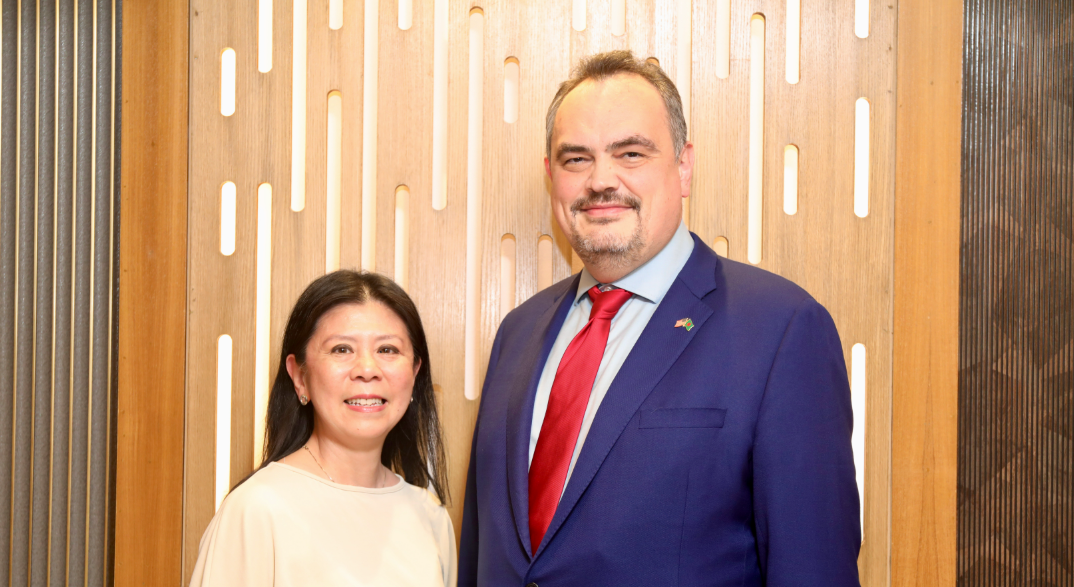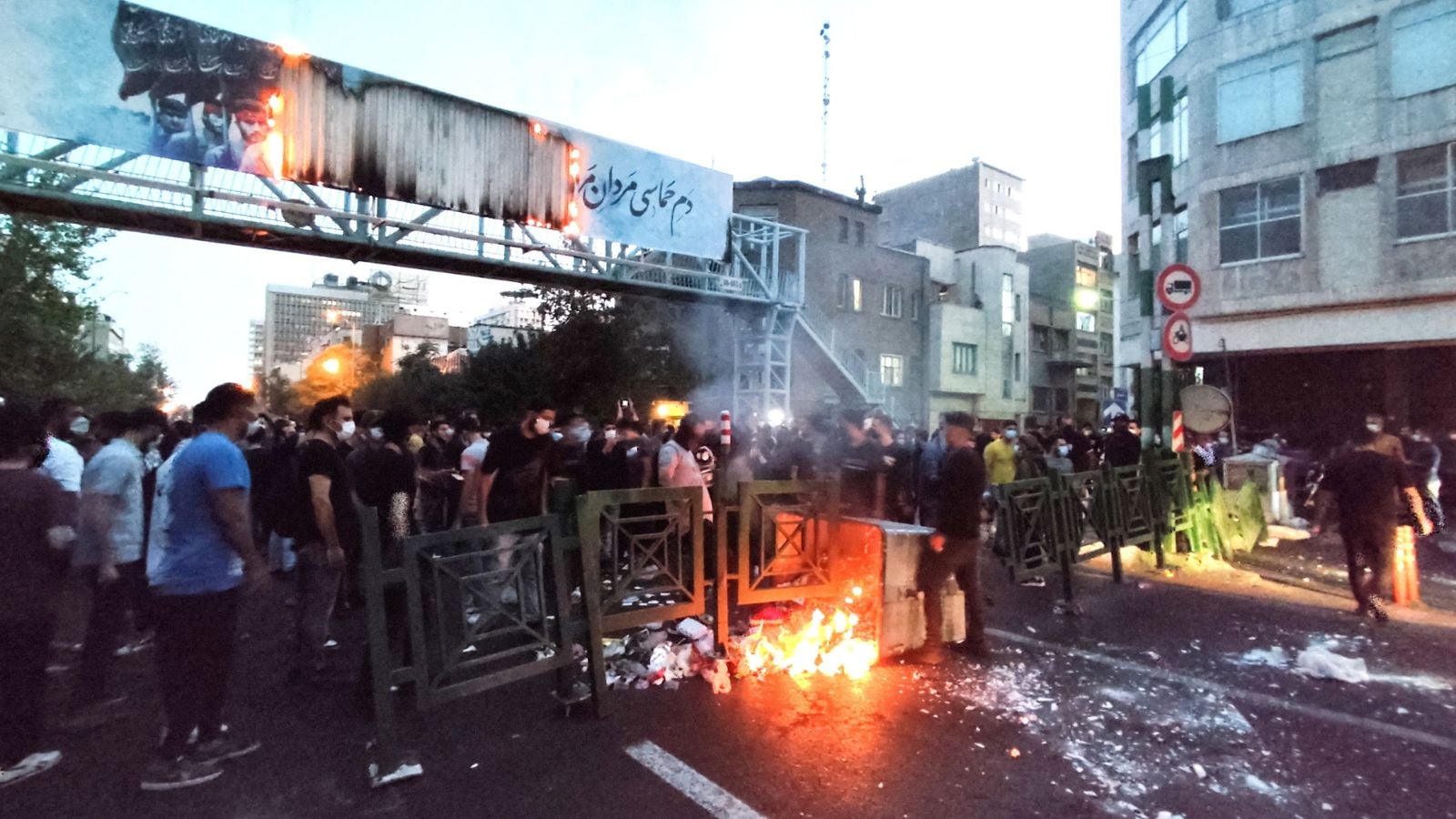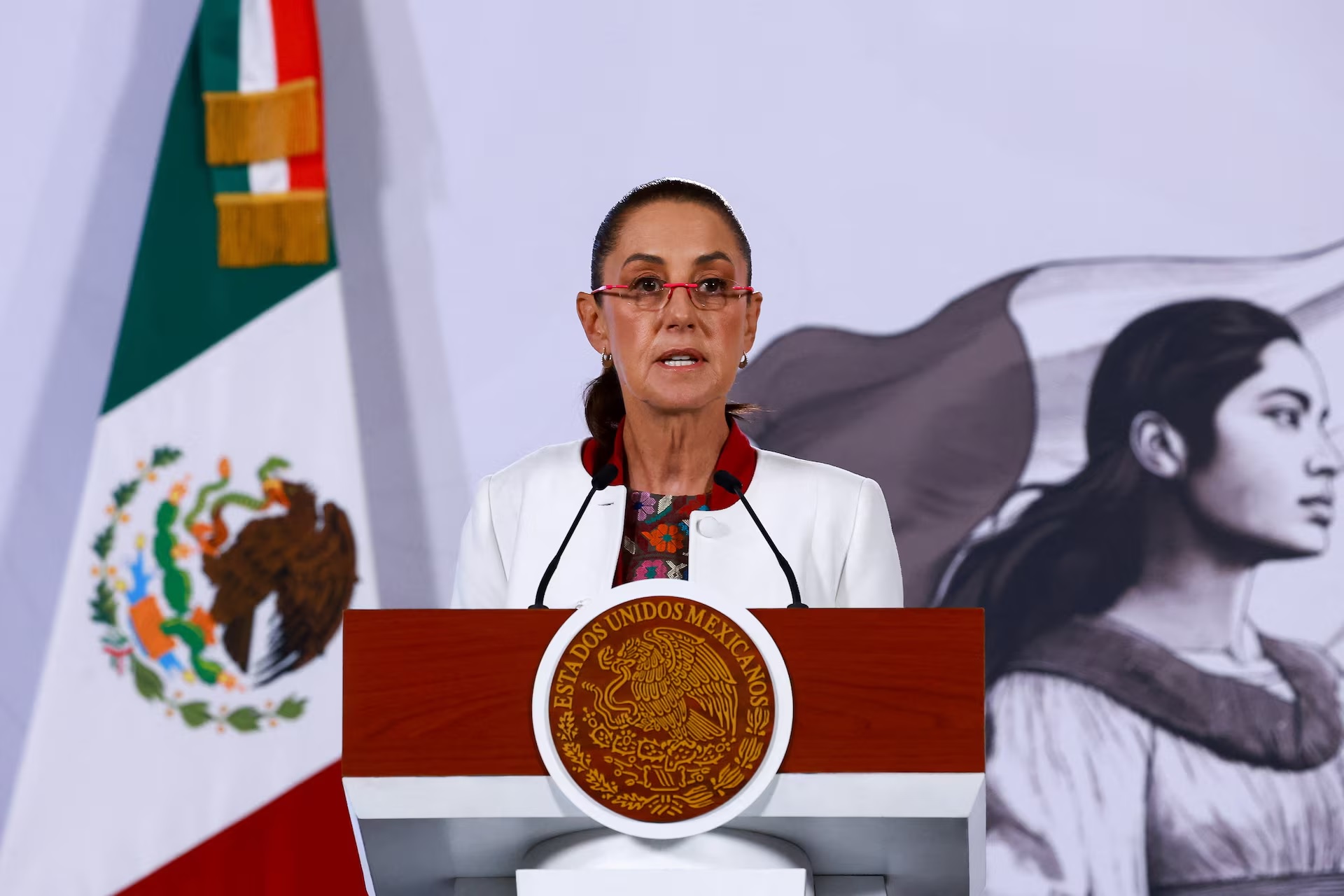LEE–ISHIBA SUMMIT SEEKS STABILITY AS TOKYO POWER SHIFT LOOMS

Regional ties, trade and security coordination
South Korean President Lee Jae Myung hosted Japan’s outgoing Prime Minister Shigeru Ishiba in Busan for a summit focused on stabilizing ties before Ishiba’s departure from office. The two leaders agreed to keep working-level talks active on shared demographic challenges, regional growth and mental-health prevention measures. They also signaled continuity on security coordination and supply-chain resilience, aiming to insulate bilateral cooperation from leadership churn in Tokyo. The meeting caps a period of calibrated rapprochement after years of friction over history and export controls.
Managing change without losing momentum
Officials framed the engagement as a bridge through Japan’s political transition, with Seoul emphasizing steady crisis-communication channels in the event of regional escalation. Analysts say any successor in Tokyo will face incentives to preserve recent gains, including trilateral coordination with the U.S. on North Korea and maritime security. Yet domestic politics in both countries—labor costs, inflation and aging populations—could complicate delivery on new joint initiatives. Business groups urged faster progress on visa facilitation and research exchanges to lock in practical benefits.





















